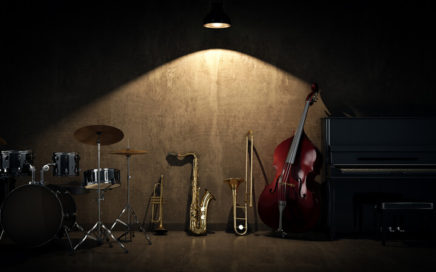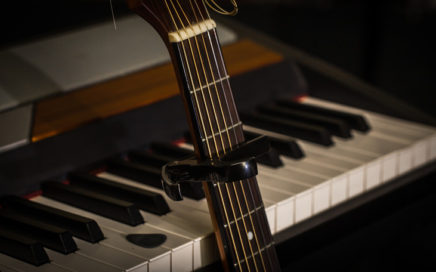
Using Different Instruments to Write Better Songs
If you use one particular instrument to write all your songs, you’re likely running up against a problem: all your songs start to sound the same. I just wrote about song similarity in my most recent post (“Working On Several Tunes to Avoid Excessive Song Similarity“), in which I suggest that one great way to […]














